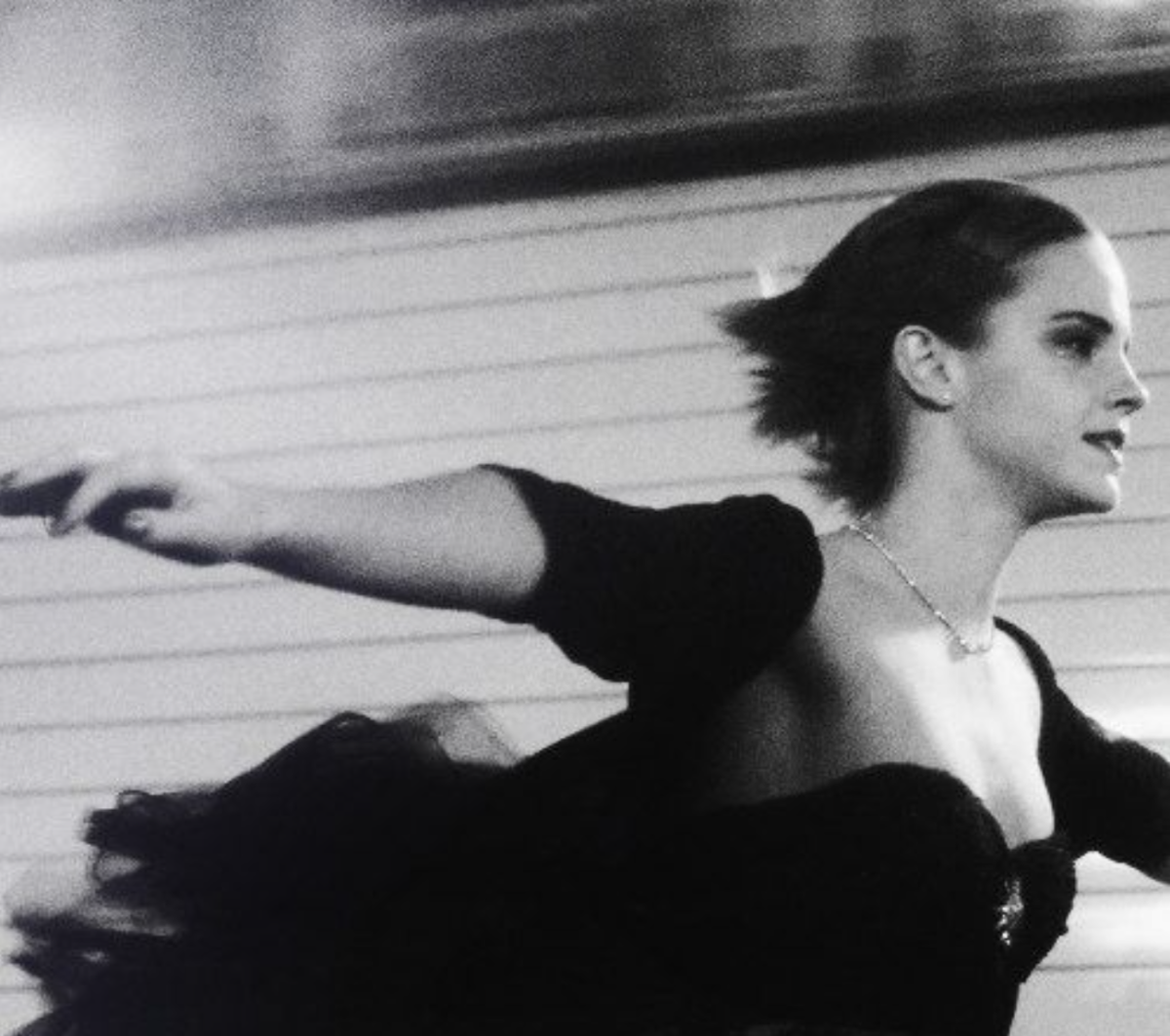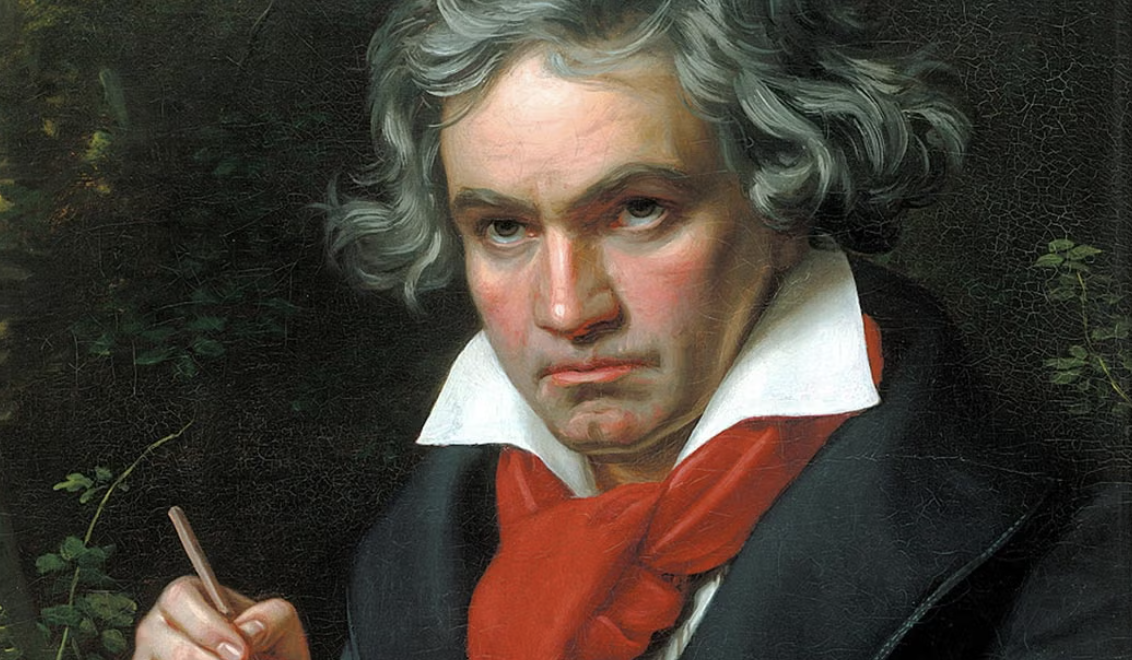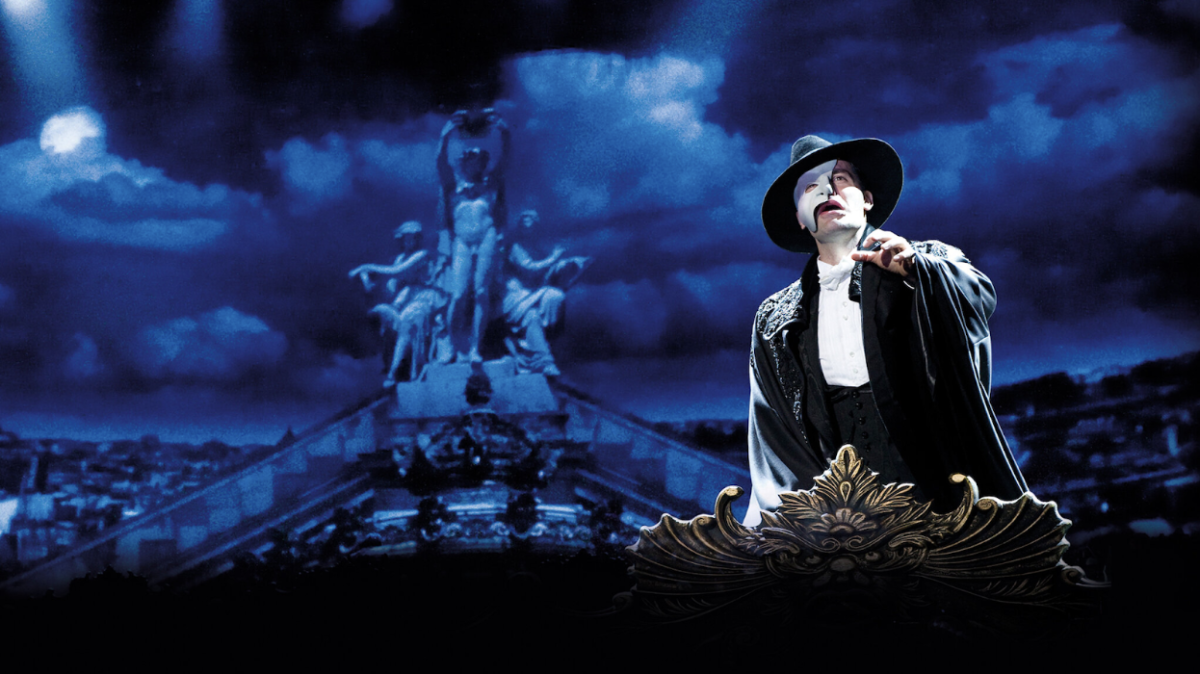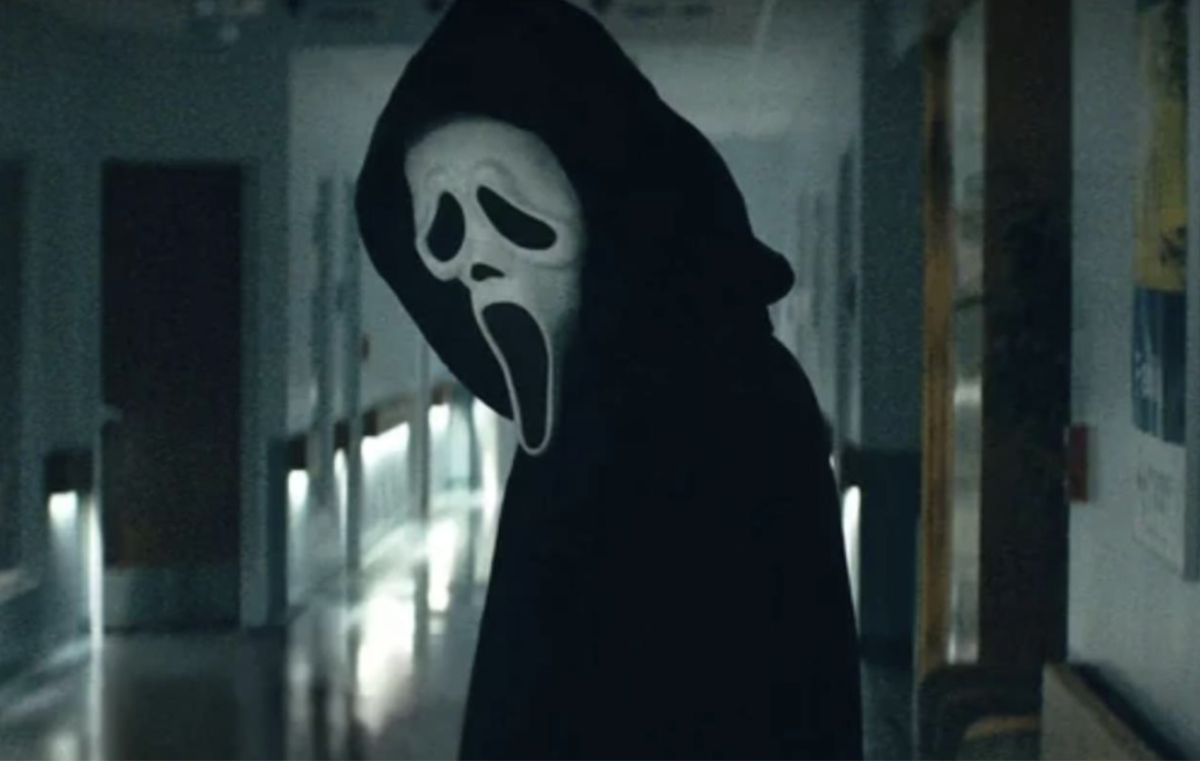From The Breakfast Club (1985) to Ladybird (2018), the key themes of love, identity, and friendship remain the same in these classic coming-of-age movies. This article explains how teenage years are portrayed in cinema.
The Breakfast Club (1985)
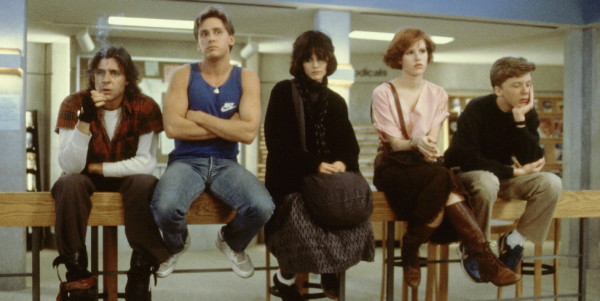
A story about a group of kids each from a different high-school clique being put together in Saturday detention. It peels away the initial misconceptions about the characters and looks at them on a deeper level; eventually realising the futility of labeling and confining young people who are still figuring out who they are into one role. The characters saw what they had in common with each other and formed some unexpected friendships. Some jokes and references from this film may be less relevant today but the key themes still are.
“Each one of us is a brain, and an athlete, and a basket case, a princess, and a criminal”.
Thirteen (2003)
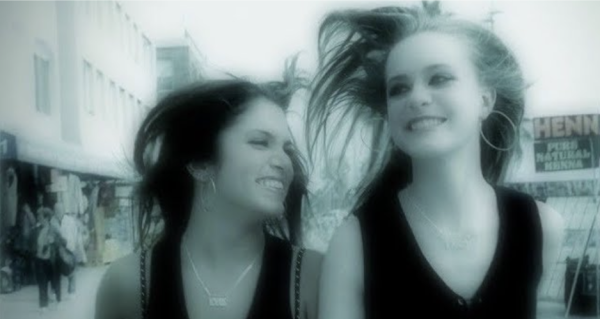
This film offers an unfiltered look into the effects of peer pressure, self destructive behaviour and adolescent experimentation. It is centered around Tracy, a 13 year old girl who is facing internal struggles she doesn’t show on the outside. Feeling overwhelmed by her responsibilities at home while having no one to talk to about any of this, she grows fascinated by the popular girl at their school—Evie Zamora. Evie is a rebellious teenager who is also facing issues at home and does not have proper parental figures; she’s been abused and neglected. Eventually Evie’s influence causes Tracy to go into a downward spiral using things like drugs and alcohol to numb her pain. The movie is based on the real-life experiences of Nikki Reed (Evie). Colour, light and saturation is manipulated throughout the film to show Tracy’s state of mind with normal colouring at the beginning and it almost being black and white towards the end; colour only returns to the screen at the end of the movie in the scene where Mel is holding Tracy in her arms to show that she can finally work through her issues.
“I can’t feel anything, this is so awesome!”
Perks Of Being A Wallflower (2012)
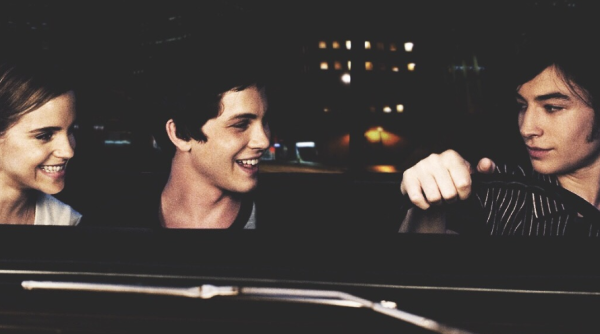
This story is told through letters written from the perspective of Charlie, the protagonist to an unnamed friend. Charlie is an sensitive, introspective boy who recently lost his best friend to suicide; he has just started high school and befriends Sam and Patrick who are a few years older than him and have their own struggles with self-worth and identity, Charlie provides them with a space free of judgement allowing them to share and heal. Sam and Patrick accept Charlie, make him feel valued, and encourage him to adopt a carefree attitude when necessary. Throughout the move they all lean on each other during tough times, helping each other overcome past traumas and other issues. Charlie develops an emotional connection to Sam because of her free spirit and her unconditional acceptance of him. He has romantic feelings for her, however due to Sam’s past trauma, she is continuously in s relationships with people who don’t treat her well. Sam teaches Charlie about love and infatuation while Charlie helps Sam realize her worth. At the end of the movie, Charlie uncovers suppressed memories and gets the help he needs to work through them. Partick embraces his identity and Sam begins a new chapter as she goes off to college.
“We accept the love we think we deserve.”
Lady Bird(2018)
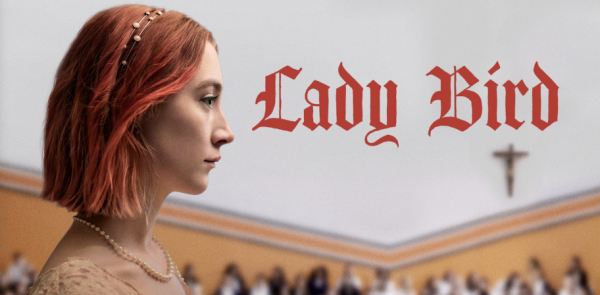
Lady Bird looks at major high school events such as prom and graduation as well as the relationship between a mother and daughter. Christine McPherson, who has named herself Ladybird, is the main character; she lives in Sacramento but wants to go to New York, a decision her mother disapproves of—much like her other choices. Whether it’s her taste in music or choice of college, they do not see eye to eye. Her mother loves her but has an image of what her daughter should be. This makesLadyBird feel that she always falls short, at one point stating that she knows they are ashamed of her. They explore the complexity of their relationship, acknowledging their flaws and strong opinions. The movie ends with a heartwarming call from Christine to her mom, letting the audience know that they will be alright.
“No, I just wish… I wish that you liked me.”
“Of course I love you.”
“But do you like me?”
“…I want you to be the very best version of yourself you can be.”
“What if this is the best version?”
Dead Poets Society (1989)
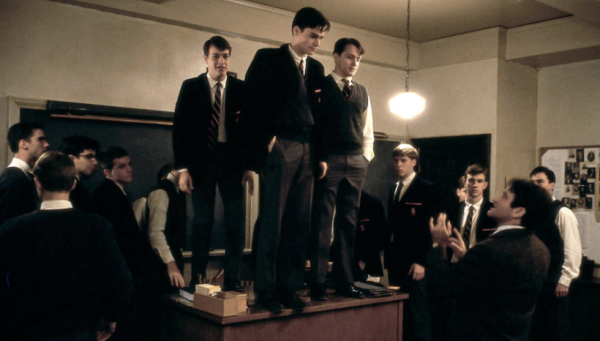
*SPOILER ALERT*
This is a sophisticated, slightly heartbreaking movie persuading students to think for themselves. Mr.Keating tells students to tear certain pages out of their textbooks, conducts class outside, and uses other unconventional methods to show his students that they don’t need to follow the path that others have paved for them. Despite the other teachers disapproving of his methods, he continues to teach the students in this way; demonstrating the very principles he is teaching. Though some students are unable to change their view, others are inspired to pursue what they want in life. One student in particular decides that he doesn’t want to live the rest of his life the way his father has planned so he auditions for a play. After getting the role his father finds out, eventually he builds up the courage to convince his father to let him perform in the play.
Neil gives a spectacular performance leaving the audience speechless but unfortunately after this his father tells him that he is being sent to military school after which he will go to Harvard and become a doctor— the very thing Neil was afraid of. His story comes to a devastating end that night. After Neil’s death most of the students were persuaded to sign a form blaming everything on Keating, anyone who didn’t sign was expelled. Even though most of them signed, the movie ends in their old classroom where they see the importance of what Keating taught them and they give him a proper send off. This movie teaches us to stand up, to stand on tables, not to look taller but to look at things in a different way, it teaches us to “suck the marrow out of life” but also warns us not to “choke on the bone”, it illustrates how and when to speak up and inspires people to follow their hearts. Neil’s end may not have been fair but he changed lives with his performance. “He was good, he was really good.”
“To put to rout all that was not life; and not, when I had come to die, discover that I had not lived.”
Sources:
https://www.zacharyfruhling.com/philosophy-blog/philosophy-and-film-the-breakfast-club
https://nuhahassan.medium.com/lady-bird-the-complex-love-story-of-a-mother-and-daughter-61a719edd84b


